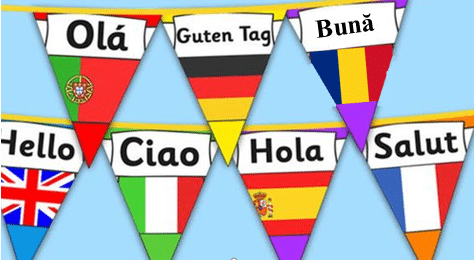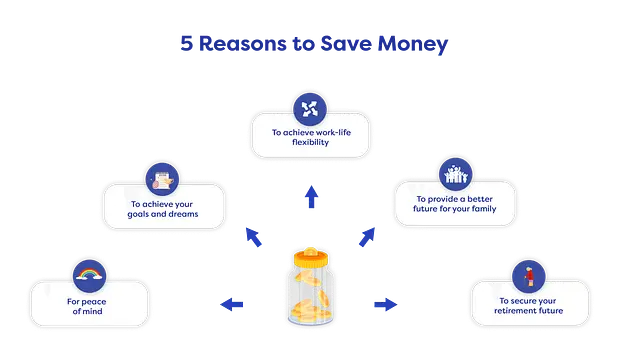7 Ways to Quickly Learn a Foreign Language
7 Ways to Quickly Learn a Foreign Language – Learning a new language can seem like a monumental task, but with the right approach and consistent effort, you can make significant progress quickly. The key is to move beyond traditional classroom methods and immerse yourself in the language as much as possible.
Here are seven effective ways to accelerate your language learning journey:
1. Immerse Yourself Every Day
The more you expose yourself to the language, the faster your brain will adapt. You don’t have to travel to another country to do this. Change the language settings on your phone, social media, and computer. Listen to music, watch movies, and follow podcasts in your target language. This continuous exposure helps your brain get used to the sounds, rhythm, and structure of the new language.
2. Focus on Speaking from Day One
It’s tempting to focus on vocabulary and grammar, but the fastest way to become fluent is to start speaking early. Don’t worry about making mistakes; they are a natural part of the learning process. Find a language exchange partner online, join a conversation group, or simply talk to yourself in the language. The goal is to build confidence and train your mouth and mind to form sentences.
3. Use Spaced Repetition for Vocabulary
Memorizing new words can be challenging, but the “spaced repetition” technique is a scientifically proven method to help you remember them. This involves reviewing vocabulary at increasing intervals. Use flashcard apps like Anki or Quizlet to create digital flashcards and have the app schedule reviews for you. Focus on the most common words first to build a strong foundation.
4. Set Realistic Goals
Learning a language is a marathon, not a sprint. Setting small, achievable goals will keep you motivated. Start with something simple, like learning 10 new words a day or being able to introduce yourself by the end of the week. Tracking your progress, no matter how small, will give you a sense of accomplishment and encourage you to continue.
5. Take Advantage of Technology
The internet is a treasure trove of resources. From language learning apps and online courses to YouTube tutorials and language exchange platforms, there are countless tools at your disposal. Use these resources to practice listening, speaking, reading, and writing on the go.
6. Learn Practical Phrases, Not Just Words
Instead of memorizing a long list of isolated words, focus on learning phrases and sentences you’ll actually use in daily conversations. For example, learning “How are you?” or “Where is the restaurant?” is more practical than learning a hundred nouns you might not need immediately. This approach helps you start communicating more naturally from the beginning.
7. Find a Study Buddy
Learning a language with someone else can make the process more fun and hold you accountable. Find a friend who is also learning the same language and practice together. You can quiz each other on vocabulary, have simple conversations, and motivate one another when the going gets tough.
Conclusion
Learning a new language is a rewarding journey that can be accelerated by stepping outside of traditional methods. By embracing daily immersion, actively speaking from the start, and using modern technology and learning strategies like spaced repetition, you can make significant progress in a shorter amount of time. The most important thing is to stay consistent and remember that every mistake is a step toward fluency.
FAQ: Learning a Foreign Language
1. Is it true that it’s harder to learn a new language as an adult?
While children’s brains are wired to absorb language more easily, adults have advantages like a deeper understanding of grammar and a wider vocabulary in their native language. With the right methods, adults can learn a language just as effectively, if not faster, than children.
2. How long will it take for me to become fluent?
Fluency is a broad term, and the timeline depends on the language’s difficulty and your level of dedication. However, by practicing daily, you can achieve conversational fluency in as little as a few months, and reach a higher level of proficiency within a year or two.
3. Should I focus on grammar or vocabulary first?
A balance of both is best, but for quick progress, focus on high-frequency vocabulary and practical phrases first. You can build a basic foundation for communication without perfect grammar. You can refine your grammar as you become more confident in speaking.
4. Can I learn a language just by using an app?
Apps are a fantastic tool for learning vocabulary and basic sentence structure, but they are most effective when used as part of a larger strategy. To become truly fluent, you need to supplement your app use with listening, speaking with native speakers, and reading.
5. What is the most important tip for staying motivated?
The most important tip is to find your “why.” Whether you want to travel, connect with family, or advance your career, having a clear and compelling reason for learning the language will keep you motivated when you face challenges.







